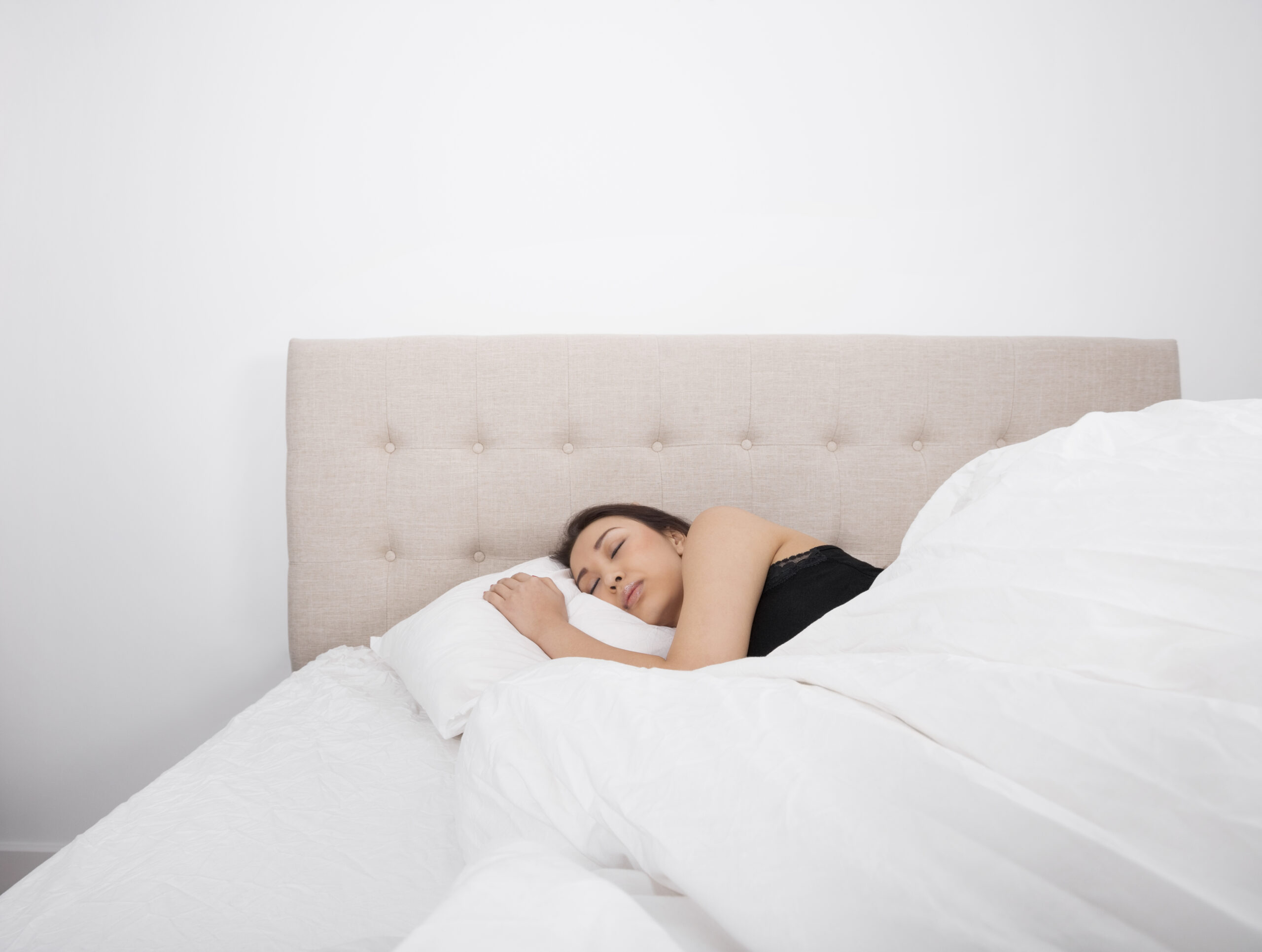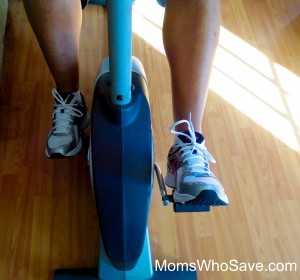Disclosure: Articles may contain affiliate links. As an Amazon Associate, we earn from qualifying purchases (at no additional cost to you). See our full disclosure here.
Last updated on November 7th, 2022 at 01:25 am
The following content is for informational purposes only. This article is not intended to be a substitute for professional medical advice, diagnosis, or treatment. If you are having a medical emergency, call your doctor or 911 immediately.
Is there a way to treat sleep apnea naturally and avoid the dreaded CPAP?
Treatment for sleep apnea will depend on the severity of your symptoms. The first step is to consult a doctor to see if a sleep study is in order.
If you have milder symptoms, you may be able to see improvements with natural remedies. For moderate to severe sleep apnea, you may need more advanced treatment. And, it’s important to follow your doctor’s advice, as severe sleep apnea can have serious health consequences.

What is sleep apnea?
Sleep apnea is a disorder that causes the sleeper to have one or more breathing pauses while sleeping. This happens when an individual’s throat muscles relax too much and then suddenly collapse, cutting off your oxygen supply. This lack of oxygen in your body results in your awakening throughout the night, and you find it hard to fall asleep again.
Sleep apnea can affect anyone. If you’re having a difficult time getting a restful night’s sleep every night, you must make an appointment with your doctor right away. Remember that only an expert can diagnose and treat sleep apnea, normally by having you take part in a sleep study.
If you are diagnosed with sleep apnea, your doctor will discuss the various treatments and tools available to you. For more severe cases, you may be prescribed a sleep apnea mask or CPAP.
In milder cases, you may be able to treat your sleep apnea naturally, improve your sleep, and boost your overall well-being with these tips.
Even in more severe cases, and if you are using a CPAP, taking these steps should improve your health in general, and the severity of your sleep apnea.
Helpful Ways to Treat Sleep Apnea Naturally

Lose weight if needed
Some people who suffer from sleep apnea are overweight or obese. If you are one of these, try shedding some pounds. You need to lose at least 10 percent of your weight to cure your apnea by 30 percent. You can also join a lifestyle counselling or diet program. This will go a long way toward helping you have a healthier lifestyle.
Avoid alcohol and stop smoking
Everyone knows that drinking too much alcohol and smoking are bad for your health. These habits can cause disease and worsen any diseases or disorders you might have, including sleep apnea. So, be sure to limit your alcohol intake and stop smoking to improve your sleep apnea symptoms.
Once you cut these bad habits out, you will begin to have more restful sleep, and you should see some improvement in your nighttime breathing.

Eat nutritious food
It pays to eat healthy all the time, whether you are suffering from sleep apnea or not. Eating a varied diet of healthy fruits and vegetables, lean proteins, and healthy fats is a great way to stay healthy in general and lose weight if you need to–both important when you have sleep apnea.
And, when you’re tired and don’t get enough sleep, you may crave food with more carbohydrates or fats. Try not to give into these cravings if you want to treat your sleep apnea. Make it a point to eat more mindfully, and focus on incorporating more nutritious food into your diet every single day.
Create a relaxing evening routine to prepare for sleep
Since sleep apnea makes it hard for you to get enough sleep, make sure you have an evening routine to help you prepare for sleep. If you stick to it, it will definitely improve your sleep in the long run.
You’ll also want to experiment to find the best sleeping position, so you won’t have a hard time breathing while dozing off.
Sleep apnea is a disorder that you cannot simply ignore. With these tips to help you treat sleep apnea naturally, you’ll get better quality sleep.
Also read:
The Importance of Sleep + 6 Tips for Better Quality Sleep
The 6 Best Sleeping Positions for Lower Back Pain
Leave a Reply